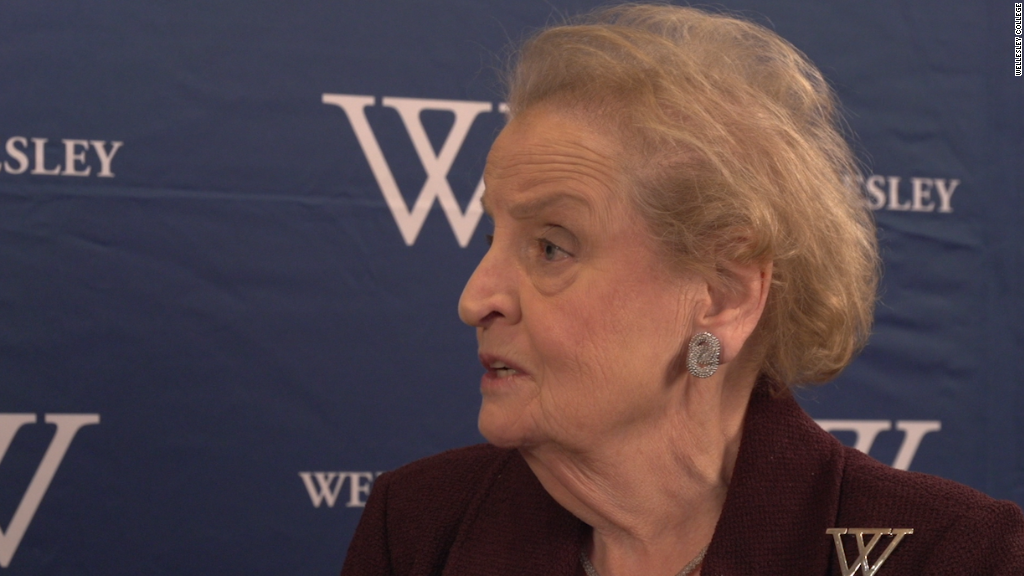
Thousands of Saudis may be forced to abandon their dream of studying overseas because of the oil price crash.
With its budget under enormous pressure, Saudi Arabia is having to cut back the generous scholarship program that supported 200,000 students abroad in 2015.
The government has been forced to tighten the rules of the $6 billion King Abdullah Scholarship Fund, limiting it to those attending one of the top 100 universities globally, or studying a program rated in the top 50 in its field.
The government did not specify the scale of the cuts, but said the new conditions are part of its efforts to save money. It is cutting overall spending on education by 12% this year.
The program was founded in 2005 and covers full tuition, medical insurance, a monthly stipend for living expenses, and an annual round-trip airfare for undergraduate, graduate and doctoral students.
Previously, there were few restrictions on where and what Saudis could study. Roughly 90% of students from Saudi Arabia studying abroad are supported by the fund.
Related: Saudi Arabia faces 'economic bomb'
Saudi Arabia is facing a huge hole in its budget because of the collapse in crude prices from well over $100 per barrel to $30. Oil accounts for 75% of its revenue.
The kingdom even hiked prices of gasoline to prop up the budget. The government ran a deficit of nearly $100 billion in 2015, this year ordered a 14% reduction in spending this year. Last year, about 25% of all government spending went to education.
A fall in the number of Saudi scholarships will hurt American universities.
Almost 60,000 Saudi Arabian students enrolled at U.S. universities last year. That makes them the fourth biggest group of foreign students in the U.S., behind students from China, India and South Korea, according to the Institute of International Education.
The numbers coming to the U.S. had been growing steadily for 10 years, boosted by the scholarship program.
"Universities that are no longer eligible for the King Abdullah Scholarship will experience the most immediate financial impact of these policy changes," said Moody's analyst Pranav Sharma.
